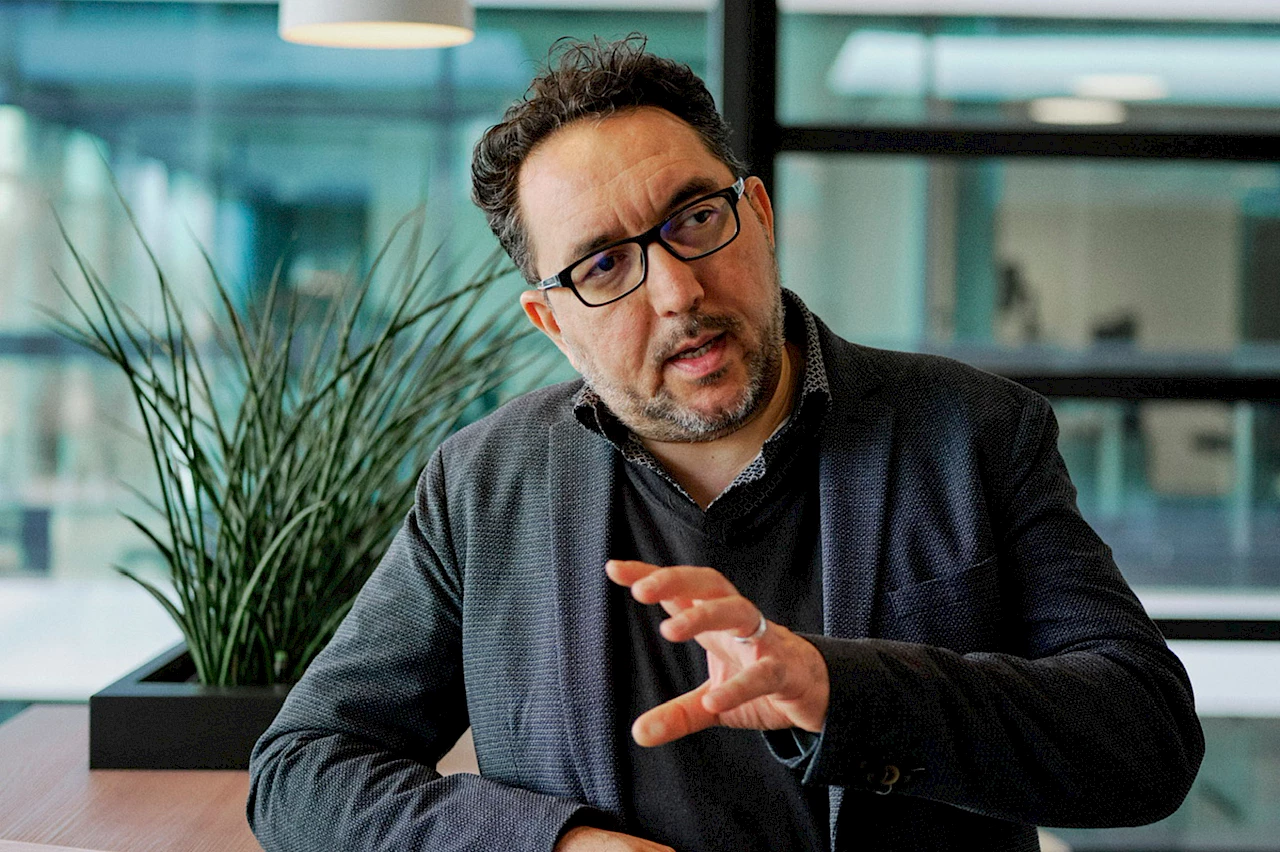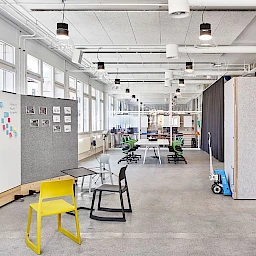Cawa Younosi, who was the head of personnel and a member of the Executive Board of SAP Germany until October 2023, is one of the best-known HR experts in the DACH region (Germany, Austria and Switzerland). The editorial team of the IBA Forum talked with him about leadership culture, diversity and employee loyalty.
Cawa, you’re an HR expert with a huge fan base. You’ve attracted a lot of attention in the past because of the concepts you promote. What are your concrete demands regarding a world of work that is designed to meet today’s needs?
Today the most important issue is the realisation that the pool of employees is limited and will shrink even more by the end of this decade. Many employers have not yet come to this realisation, even though it’s now a widely discussed topic. The nearly automatic result is that companies are focusing primarily on attracting new talent. But it’s at least equally important for companies to retain the employees they already have. Retention is all about perceiving employees holistically, independently of demands regarding their work performance, and responding to their concerns and needs so that they have little reason to think about leaving the company. It begins with appreciation, continues with remuneration that meets contemporary standards, and ends with authentic listening. If these standards are met, the result is a culture where employees enjoy working and will be happy to continue.
What’s your vision of the leadership culture of the future?
Fish always start to stink from the head. In other words, a company’s leadership culture is an important factor. When companies succeed in selecting managers because of their personalities and leadership qualities and less because of their technical expertise, they’ve taken the first step. Moreover, when employees are encouraged to act as entrepreneurs within the company, this can make it easier for the board of management to do its job. These policies require trust in the workforce, transparency and permitting a culture of disagreement. Forcing everyone to agree to top-down decisions is not the right solution.
What skills do managers need in order to establish a good relationship with their team?
Most importantly, they need emotional intelligence — the ability to understand and manage their own emotions and those of others. At the same time, they must be able to communicate both inside and outside the company. Teams need to know in what direction they’re going so that they can draw the necessary conclusions for their own work. Regarding communication, I also think it’s important not to dismiss criticism with a shrug but instead to make sure that critical issues are given another round of discussion at the management level. This requires courage, a clear stance, and the ability to deal with conflict. That’s because one of the basic tasks of management is the resolution of conflicting interests. I’d like all managers to do more straight talking that also expresses appreciation.
What makes companies attractive for talents?
An individual who chooses to work for a certain company makes that decision mainly on the basis of its overall public image – in other words, employer branding. Conversely, an individual who leaves a company is leaving his or her supervisor, as a rule. This is an important lever – an opportunity to do some self-reflection and ask what one could have done differently in order to prevent employees from leaving and keep talented people in the company.
How important is diversity in the workplace, and what advantages does it have for companies?
Diversity management must be looked at from two perspectives. The essential perspective is that we have to treat people according to their strengths and weaknesses in order to give them the same starting conditions as all the others so that they can develop their potential. In my opinion, this is a fundamental right and an obligation to practice fairness and decency, and not so much a question of corporate profit. The financial advantage for companies lies in the fact that if open-mindedness and inclusion are firmly established in my company, I am more likely to recruit talented people for my team without having an unconscious bias — people who fit best into the team structure and are most suited for the job, rather than the people I’ve always recruited from the same university, the same village etc.
The term “unconscious bias” refers to subconscious cognitive distortions such as automatic stereotypes and other subconscious and deeply rooted thought patterns.
How can you successfully establish the transfer of knowledge between the generations, and what preconditions must be created in companies in order to do that?
It’s important to have permeability in the organisation and to actively work against biases that, for example, block off certain opportunities for development such as a career in management just because an individual is young, female, or working part-time. The strategies that have proved to be effective in transferring knowledge between the generations and between the various units of a company are mentoring programmes and reverse mentoring, in which experienced and young employees learn together and from one another. The one-directional transfer of knowledge no longer works today. In the future, the topic of unlearning will also become more important. This term refers to letting go of old knowledge in order to create space for new topics.
Companies are currently trying to bring their employees back into the office, at least for part of their working time. What’s your opinion of this?
I think it’s problematic to order employees to work in fixed locations on specific days. That’s because even before the pandemic many companies had already made arrangements regarding mobile work on the basis of flexibility, team decisions and management decisions. Companies that make this effort are taking a giant step backwards, and what I find most painful is that this step isn’t necessary. There’s seldom a business-related reason that proves I have to be in the office three days a week in order to achieve the desired level of productivity, creativity, etc. Most employees want to work in a hybrid arrangement. Nobody wants to crawl into their own cave at home. And if employees are doing that, I have a very different kind of problem as a company. In that case, maybe the workstations are not attractive enough or the corporate culture leaves something to be desired. That’s what companies should work on instead in the future.
Cawa, thank you for talking with us.
Cawa Younosi, a lawyer specializing in labour law, was the head of personnel and a member of the Executive Board of SAP Germany until October 2023. As the Global Head of People Experience, he was responsible for the global SAP umbrella organisation that bundled HR work throughout the entire company. Younosi is regarded as one of the most innovative leadership personalities in the HR sector, who is revolutionising the world of work with his bold ideas. In 2020, LinkedIn named him a “Top Voice” and Personalmagazin called him “Germany’s HR Influencer No. 1”. His new non-fiction book on “people experience” will be published this summer. More informationen at: https://www.linkedin.com/in/cawa-younosi/
Cover photo: Cawa Younosi






